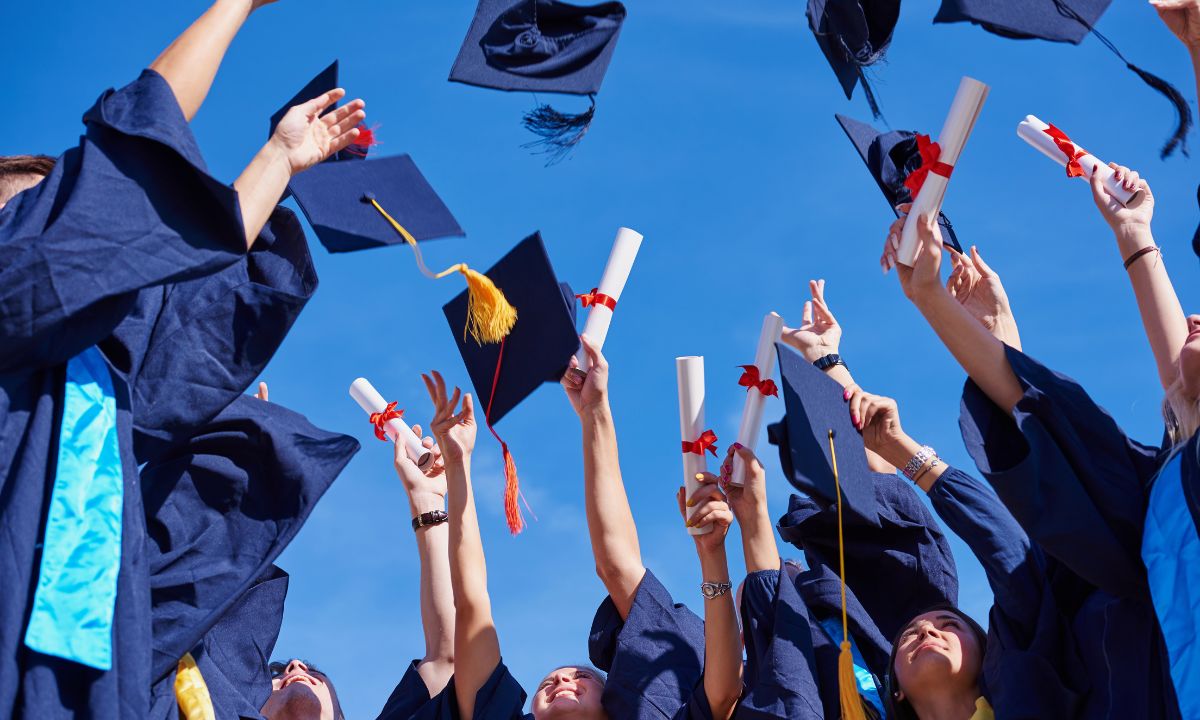Survey Finds Poor Outcomes for Students with Disabilities After High School
Students with autism or intellectual disabilities in particular are more likely to not have post-high school plans in place.

About a quarter of Washington’s students with disabilities don’t find employment or enroll in higher education within a year of leaving high school.
Outcomes are even worse for students with autism or intellectual disabilities: 54% of graduates with intellectual disabilities are not engaging in employment or higher education within a year, and 41% of those with autism fall into the same category.
The data comes from a new survey from the state Office of the Superintendent of Public Instruction, which analyzes information collected in 2022 from students receiving special education services who left high school in the 2020-2021 school year.
Joshua Taylor, a professor at Washington State University who studies transitions from school to employment for students with intellectual and developmental disabilities, said the reported outcomes for those students are “really troubling.”
“These rates of trying to improve employment outcomes for people with disabilities — and particularly for people with intellectual and developmental disabilities — have been stuck for 30 years or so,” Taylor said. “We just haven’t seen a lot of positive change.”
That’s reflected in the report: In the past five years, the lowest rate of “no engagement” in higher education or employment was 25% for students who left during the 2017-2018 school year. The highest rate of “no engagement” was 30% for students who left in the 2019-2020 school year, which may also reflect the effects of COVID-19, Taylor said.
Washington students with intellectual disabilities also have lower rates of competitive employment, defined as a part-time or full-time job with similar wages as non-disabled workers.
At around 12% for students with intellectual disabilities and 15% for students with autism, rates of competitive employment in Washington are even lower than the national average, Taylor said — although he cautioned that it’s difficult to compare state and national datasets due to how the information is collected. One report found rates of competitive employment for students with intellectual and developmental disabilities nationwide was 20% in 2014.
The report also includes rates of “other employment,” which includes employment of disabled workers at salaries below minimum wage. That’s still legal in 37 states, including Washington, according to a December 2023 report from the National Partnership for Women and Families. Congressional lawmakers re-introduced legislation to end that practice in February.
Taylor said there’s a lot being done on both the federal and state levels to improve rates of employment and education among youth with disabilities transitioning to adulthood.
It’s been 10 years since the Workforce Innovation and Opportunity Act of 2014 was implemented, which requires state vocational rehabilitation agencies — which provide employment services to people with disabilities — to use at least 15% of their federal funds on making sure students with disabilities have access to services that help them find employment after school.
States are given a lot of leeway as to how they attempt to meet that goal, but Taylor said one of the most promising ways is through facilitating paid work experiences before students leave school. Research shows students are much more likely to pursue further employment or education if they’ve already experienced what paid work is like, he said.
In Washington, Taylor’s own work with Washington State University, for example, includes developing the Transition Self-Assessment Tool, which helps students determine what services are available to them.
“The idea is really to impact the numbers that we’re seeing here, and to bend these trajectories of students that have been stuck…sort of all across the country,” Taylor said.
Washington State Standard is part of States Newsroom, a nonprofit news network supported by grants and a coalition of donors as a 501c(3) public charity. Washington State Standard maintains editorial independence. Contact Editor Bill Lucia for questions: info@washingtonstatestandard.com. Follow Washington State Standard on Facebook and Twitter.
Get stories like these delivered straight to your inbox. Sign up for The 74 Newsletter

;)